Pre-Budget Reactions By Hotelier
Pradeep Shetty President, Hotel and Restaurant Association of Western India (HRAWI) “We expect the Union Budget to include relaxations in Section 115JB – Minimum Alternate Tax (MAT) waiver for two years from April 2023 to March
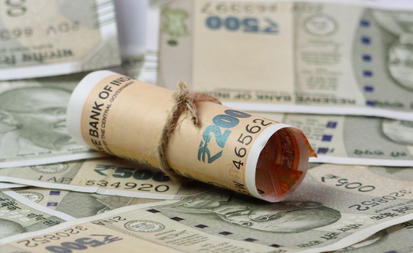
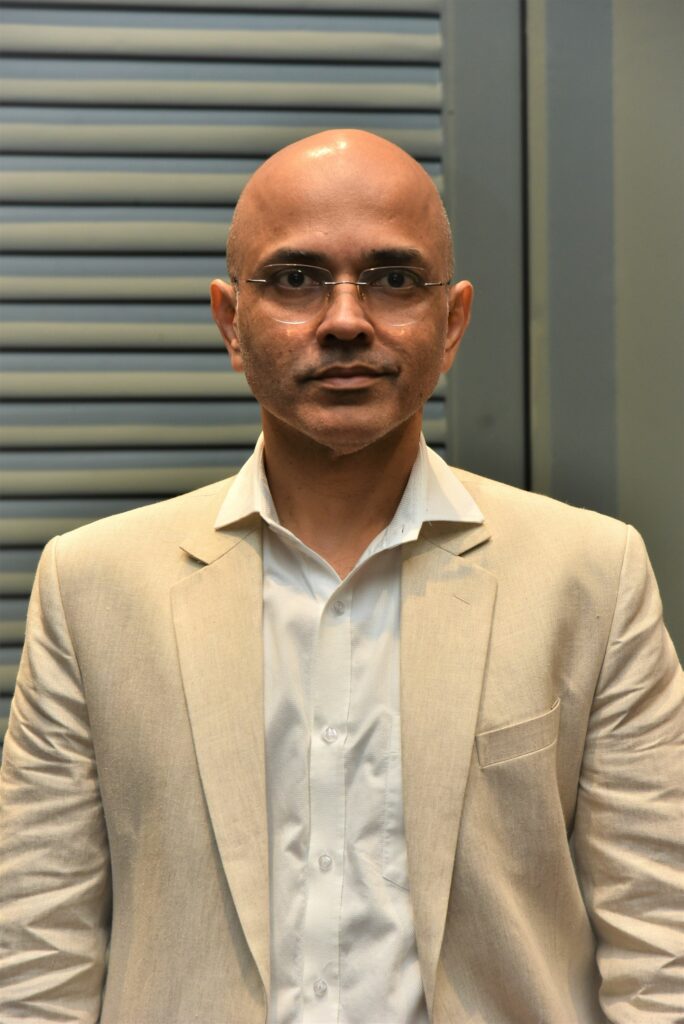
Pradeep Shetty
President, Hotel and Restaurant Association of Western India (HRAWI)
“We expect the Union Budget to include relaxations in Section 115JB – Minimum Alternate Tax (MAT) waiver for two years from April 2023 to March 2025. This will help reduce the tax burden and provide marginal relief to the hospitality sector. The Budget should extend investment-linked benefits under Section 35 AD for brownfield hospitality projects to the on-going capex of hotels and resorts. This shall immensely benefit high-quality brownfield capex and capacity expansion, accelerating investment and employment in the sector. The Budget should modify the Leave Travel Allowance (LTA) rules to include the amount spent on hotel stays to be considered as LTA expense and payments by foreigners in Rupees at hotels should be as foreign exchange earned for the purpose of EPCG scheme. The ECLGS loan term should be increased for at least 10 years or as per the loan repayment period of the principal loan, whichever is longer. The industry needs a waiver of secondary condition with regard to average Foreign Exchange Earnings under EPCG scheme retrospectively from FY 2007-08 onwards as well as would require the continuation of EPCG Scheme, service export benefits and export status. Our long-standing demands has been for Infrastructure Status to the hospitality industry under the RBI Infrastructure lending norm and granting Industry status and allied benefits to the hospitality industry. Tourism and Hospitality should be placed on the concurrent list of the Constitution for effective legislation to make tourism into a national agenda. Lastly, the industry requires uniform GST at 12 per cent on all hotels across the country,”
Jaison Chacko
Secretary General, Federation of Hotel & Restaurant Associations of India (FHRAI).
“The industry needs Infrastructure Status to be accorded by the Government of India to enable the hospitality sector to avail long-term funds under the RBI Infrastructure lending norm criteria. This will enhance quality accommodation supply and therefore, stimulate higher global and domestic travel demand. Although industry status has been accorded to tourism and hospitality by many State Governments, the incentives and privileges associated with an industry have not been conferred to the sector. Industry status will help in setting up a corpus fund to incentivize all States to align policies and set off any losses that may occur. Tourism and hospitality should be placed on the concurrent list of the Constitution to make tourism into a national agenda. It will ensure better coordination between the Centre and the State for fund allocation and implementation of projects and programs aimed for the holistic development of the tourism sector in the country,”
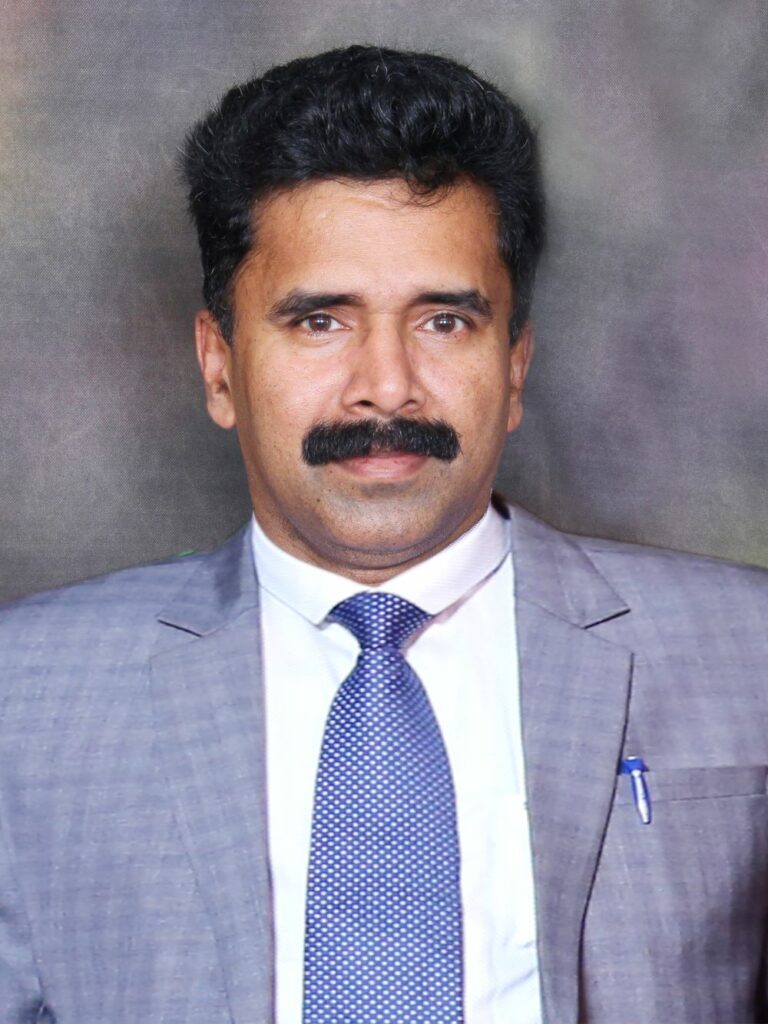

Vineet Verma
Director, Brigade Hospitality.
The Hospitality and Tourism sector, which is gradually returning to pre-pandemic levels and beyond, could well do with a push from the Government in the form of policy and incentives for the faster growth of the sector. While some measures have been rolled out, a lot more is required for consistent growth. For example, while industry status has been announced for the sector across select states including Karnataka, it is yet to be formally given effect. It would greatly help the sector if nationwide industry status is granted to the sector. Additionally, rationalisation of GST with some relief, at least for a couple of years, would attract larger audiences and provide the much-needed boost for travel and tourism in the country. The existing single window clearance mechanism should be made more robust and efficient. The Government should consider larger allocation of funds to improve last mile connectivity, public conveniences, and for training of tourist guides, cab drivers and facilities staff. In order to boost tourism, the Government could consider an India Shopping Festival, spread across major cities of the country, akin to the Dubai Shopping Festival.
Raoof Dhanani
Managing Director, Sayaji Hotels
Union Budget 2023-24 will be very crucial for the hospitality industry which can benefit from the timely initiatives. The Hospitality industry is seeking lower taxes and incentives. 18% GST for hotels with room rates of more than 7,500 rupees must be reduced to 12%.
Emergency Credit Line Guarantee Line Scheme (ECLGS) term must be extended from 6 years to 10 years to reap the desired benefits. Granting industry status to the hospitality industry will enable hotels to avail term loans at lower rates.
Government must consider enhancing technological developments since it can lower expenses, facilitate easy connections, reduce employee stress, enhance operational efficiency etc.
Modernisation of transport infrastructure is also an important factor for economic development.


Mehul Sharma
Founder & CEO, Signum Hotels & Resorts
The good days have returned, and the hospitality sector has recovered like never before. We anticipate wonderful few years ahead. Therefore, the hospitality sector must inevitably benefit when the economy grows.
The hospitality business anticipates receiving a consistent industry status from the government across the nation. Only a few states today have declared this status for us along with some excellent initiatives to support the hotel sector. However, not all states operate in this manner. Similar regulations should be implemented by the national government, which will significantly aid the industry’s expansion. We must keep in mind that this industry supports a large number of jobs, and its success has a positive multiplier effect on the economy.
The hotel industry has recovered from the effects of the pandemic, but it is concerned about the high rates of the goods and services tax (GST) on hotel rooms and the government’s lack of help in the most recent budget (2022-2023).
Also, to give us with long-term loans, we ask the government and the ministry of finance. There is a
significant gestation phase in the hotel industry, which means it takes three to four years to build a hotel, another two to three years to stabilize, and then the repayment period begins, which is very stressful. Hotel loans therefore have a 15 to 25-year term internationally. The hospitality sector in India should adopt a similar structure as well, as doing so will likely result in fewer NPAs and other problems than in the past.
Also, government should work upon making LTC mandatory and introduce policies and benefits for single female travelers. Government should also work towards incentivizing people to travel.
Government should also look into making visa processes easier to our country.
Dr. Vikram Kamat
Founder and Chairman, The Vitskamats group
My biggest request to the finance ministry in this year’s budget, is to ensure and grant input credit in GST to all restaurant and food businesses.
The food business is conducted at all locations and it is integral in nature such as in theatres,multiplexes, hotels and restaurants and even on airlines, airports and within Railways.
Therefore it contributes to more than 5000crores ( as per NRAI report )in taxes directly and indirectly since food related items and various non-processed semi-processed and processed items get used across all restaurants, cafes, bars, in flight catering and railway catering. Hence this can be an immense benefit and lead to additional growth for organised players in the food business.

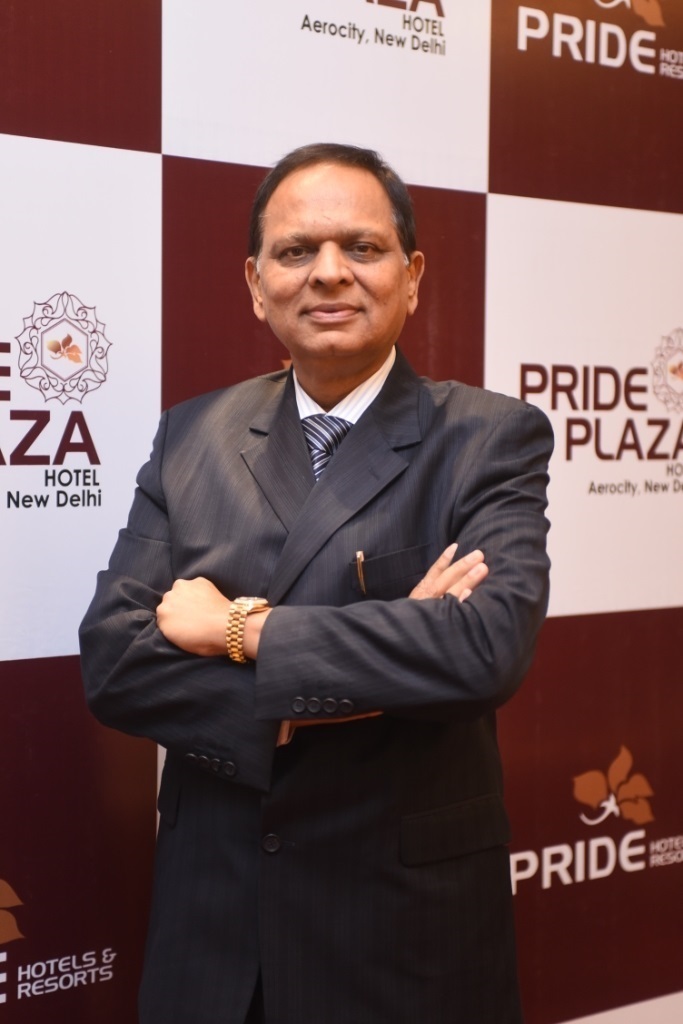
SP Jain
Chairman and Managing Director, Pride Hotels Limited
1. Extend Timeline for Export Obligation under EPCG Scheme:-
The EPCG scheme allows the import of capital goods including spares at zero duty subject to an export obligation of six times of duty saved on capital goods imported under the scheme, to be fulfilled in six years. Foreign Exchange earnings of the hotel industry have been impacted due to the unprecedented pandemic and restrictions on travel by many countries. This is leading to non-fulfillment of export obligations for pre-covid capital goods imports and consequent penalties on the hospitality industry. In view of the volatile economic environment created due to the Covid Pandemic, the timeline for meeting export obligations should be extended by at least 6 (Six) years for all the EPCG licenses which have an EO period falling between February 2020 onwards.
2. Continuation of EPCG Scheme, service export benefits and grant export status
to the hospitality industry:-
The EPCG Scheme allows the import of capital goods for pre-production, production, and post-production at zero customs duty and subject to fulfillment of specific export obligations equivalent to 6 times of duties and taxes saved on capital goods to be fulfilled in 6 years from the date of issue of authorization. This scheme has helped the hospitality sector in India immensely to emerge as a strong player in the global tourism market, by procuring equipment as per international standards and quality. However, the capability of the domestic market to cater to the specific requirements of the hospitality sector is in its nascent stage in comparison to the requirements of the hospitality sector, where the clientele is largely from the global market which is highly competitive. Therefore, it is imperative to continue the EPCG Scheme to enable the hospitality sector to remain competitive in a global market scenario, for some more years.
Granting Export Status to the hospitality Industry with tax incentives and benefits would enable the sector to be more competitive and help the sector to jumpstart its growth to the next orbit.
3. Waiver of secondary condition with regard to average Foreign Exchange
Earnings under the EPCG scheme retrospectively from FY 2007-08 onwards From 2004-2007, the Hospitality industry enjoyed its golden years in terms of revenue performance while earning substantial foreign exchange but ever since then its revival to that past glory looks very remote. It was during this time that the service industry was exempted from maintaining Annual Average Performance conditions vide Para 5.7.6 of Chapter 5 of Exim Policy 2002-07. However, in the year 2007-08, DGFT in the new Exim Policy introduced an additional condition which not only meant that over and above the primary condition, the industry will have to earn 6-8 times the FEE within the respective block period and also saddled with a secondary condition of maintaining a 3 years average past performance continuously over & above the specific EO and the average has to be maintained for the entire block of 8/6 years till the redemption of license.
In this regard, our two requests are given below: –
a) Grant Relaxation in average export obligation by adjusting the preceding 3 years’ annual average performance for all years commencing from the financial year 2008/09.
b) Allow offsetting any shortfall in the average EO in any year by using the excess export done above export obligation for the fulfillment of an EPCG license.
6. Uniform GST @ 12 % on all Hotels
G.S.T. rates for hospitality in India are one of the highest in the world. This makes both domestic and inbound tourism in India very expensive. India is facing tough competition from neighboring destinations especially due to the higher rate of GST in India and other factors which make the total tourism package expensive to India.
The system of GST shifting to different slabs in the same hotel on different dates – under/over 7500 room rate – creates compliance issues. It also spills over to F & B. Therefore, we suggest introducing one flat GST slab @ 12 % at all times to all hotels in the country.
7. Treat the payments made by foreigners in rupees in hotels as foreign exchange earned for the purpose of EPCG scheme
Foreigners coming to India and staying and spending in hotels should be deemed as foreign exchange earned by hotels for the purpose of the EPCG Scheme. It should be treated at par with merchandise exports of hotels & resorts to promote exports of hospitality services. To enable investments into developing more global markets, it is requested to declare foreign exchange & deemed foreign exchange earnings from hotels & tourism as export earnings.
Additionally, it is roughly estimated that each foreign tourist moves across Indian states, stay at hotels & resorts, and go through other experiences, and spends their foreign currency or their converted foreign exchange. All such services of hotels & resorts which accept payment from such foreign tourists should be deemed as exports too.
Vikas Suri
VP Operations and Development, Lords Hotels & Resorts
The hospitality industry has been severely impacted by the pandemic; we expect some relief measures in the Union Budget 2023-24. Reduction in GDT slab, and uniformity across all Hotels. Secondly, although Industry status has been accorded to hotels by many state Governments, a lot needs to be done to provide the privileges associated with an industry.
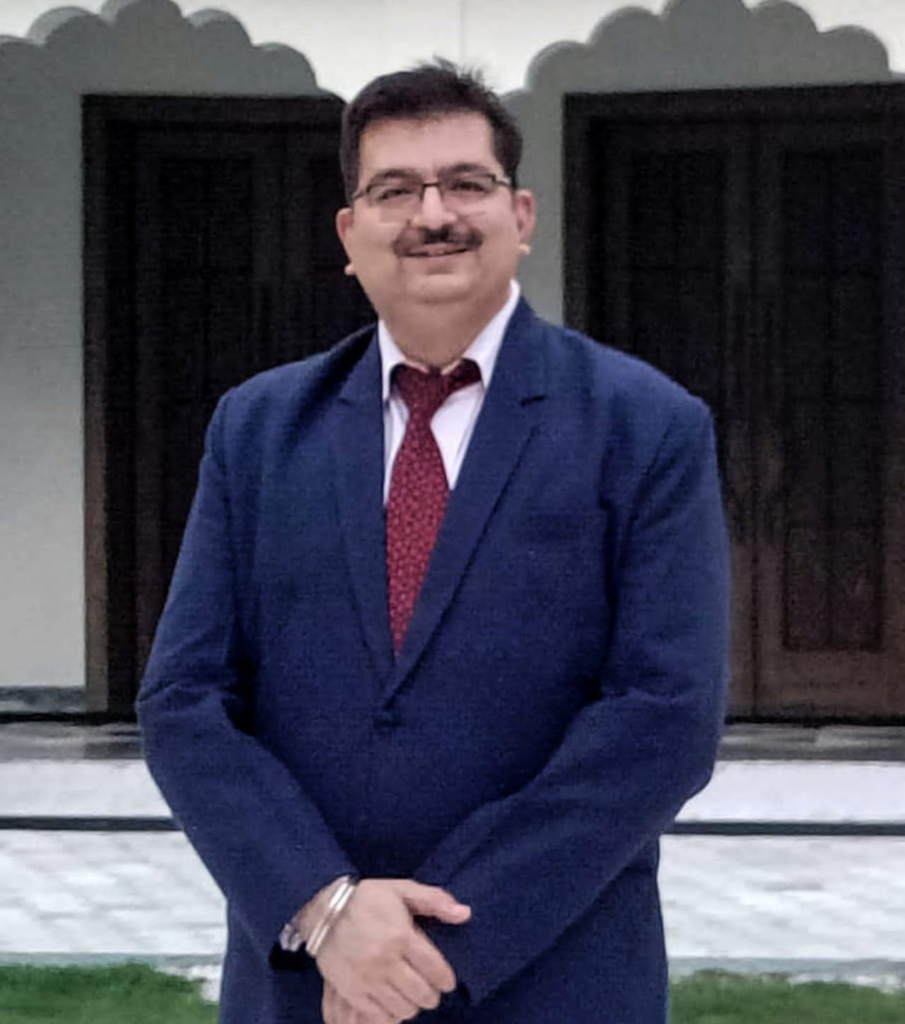
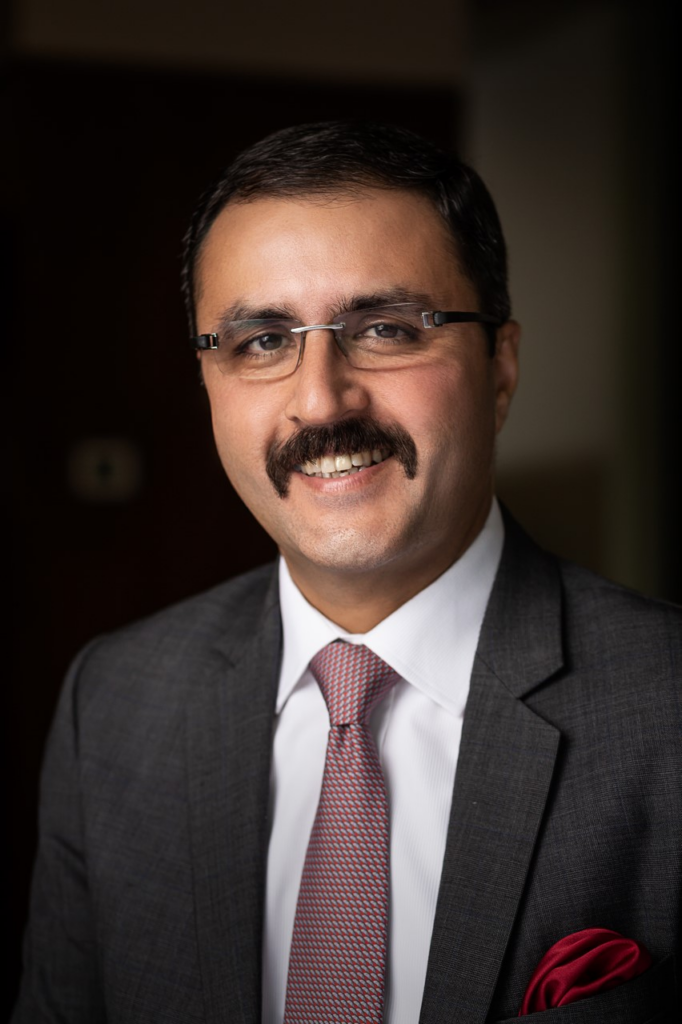
Atul Bhalla
Area Manager (West & East region, ITC Hotels) and General Manager, ITC Maratha.
“Our economy itself is recovering quite well, we are looking for a steady growth in the fiscal year ahead. In the previous monetary year there was a high goods and services tax (GST) rates on hotel rooms and with a limited support. As the Federation of Hotel and Restaurant Associations of India (FHRAI) had said that it was anticipating that the 18% classification should go under 12%, as that is where it becomes costly.
The trips across India have increased significantly over the past year, measures to improve infrastructure and connectivity will have a positive impact on hotel demand. From the perspective of foreign tourists, lowering GST rates can make room rates competitive with other overseas destinations. While a recovery in foreign tourist arrivals is still in the near future, this could help the industry capitalize on international demand going forward.
There should a subsidy with a well-structured on minimal consumption of electricity in Hotel Industries, which will move the industry ahead as a responsible and with the sustainable practise across India.
As we are stepping out from the pandemic and looking forward for the economic growth of all states. The hospitality industry has always pushed us in terms of economic, development and employment opportunity all together in every state. The government should have a uniform centralized budget policy across the India for every state,”
Sharad K Upadhyay
General Manager, Crowne Plaza Greater Noida
“The hospitality industry is in dire need of government support to get back on track. The hospitality industry has requested the government to make maximum GST on hotel rooms at 12 percent, in the union budget for FY24. Industry body PHDCCI has also suggested a two-year tax holiday for businesses like hotels which have been massively hit by the pandemic and need immense support to grow and prosper. I do hope this will be heard and necessary policies and plans will be rolled out soon.”
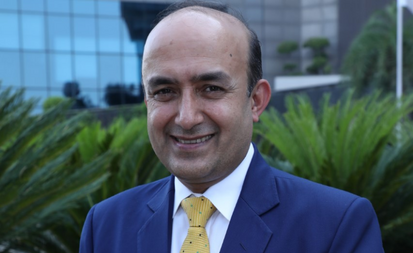
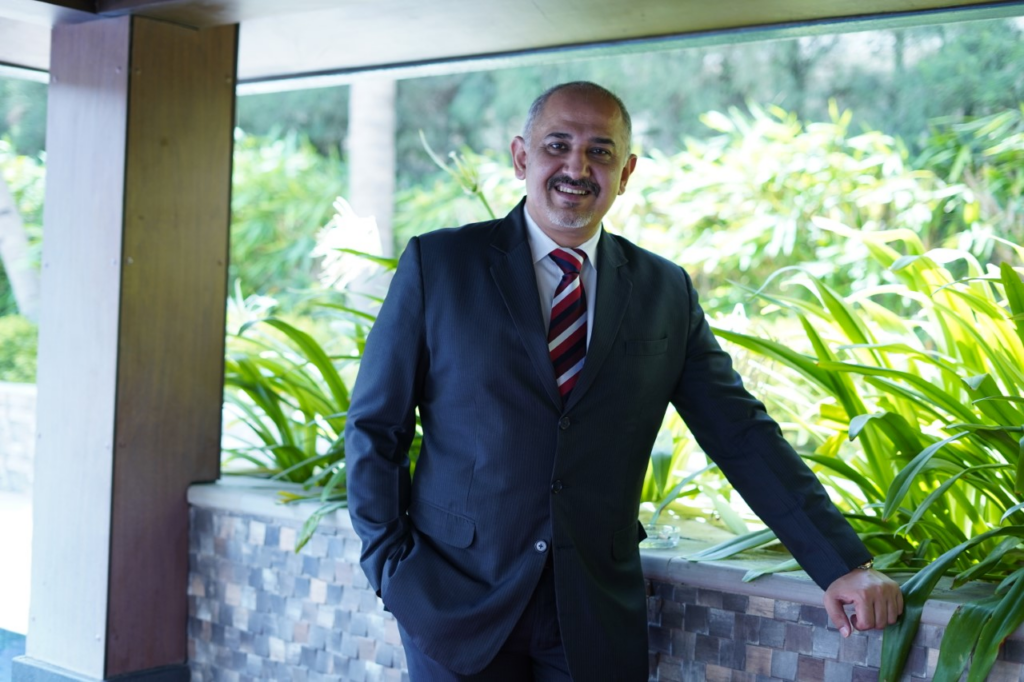
Rohit Bajpai
General Manager, Sheraton Grand Palace Indore
The hospitality industry has bounced back after a lot of turmoil over the last three years. To regain a stable position, the hospitality industry has been hoping for continuous support from the government with the following expectations.
- Reduction of GST on hotels from prevalent 18% to 12% with reduction in GST on restaurants located in hotels to 12% with full input tax credit.
- GST refund to international travelers on producing a GST paid invoice on buying goods of “Made in India”.
- Payments made by foreigners in INR in hotels should be deemed as foreign exchange earned by hotels for the purpose of EPCG Scheme.
- Increase the ECLGS (Emergency Credit Line Guarantee Scheme) loan term for the hospitality sector for the maximum period.
- Classify the hospitality sector as an industry across the country and extend the allied benefits.
Tejus Hose
General Manager, Hilton Bangalore Embassy GolfLinks
The tourism and travel industry is a crucial component of many economies, not just for the direct employment and income it generates, but also for the indirect effects it has on other sectors such as retail, transportation, and accommodation. This is why the industry is eagerly awaiting the upcoming budget allocations, as it is expected to unveil proposed reforms that will have a significant impact on the industry in the coming year. The introduction of more favorable tax policies is one of the key expectations of the hospitality and travel sectors of the economy. The industry also hopes for support in technology adoption to adapt to the new normal in the tourism industry.

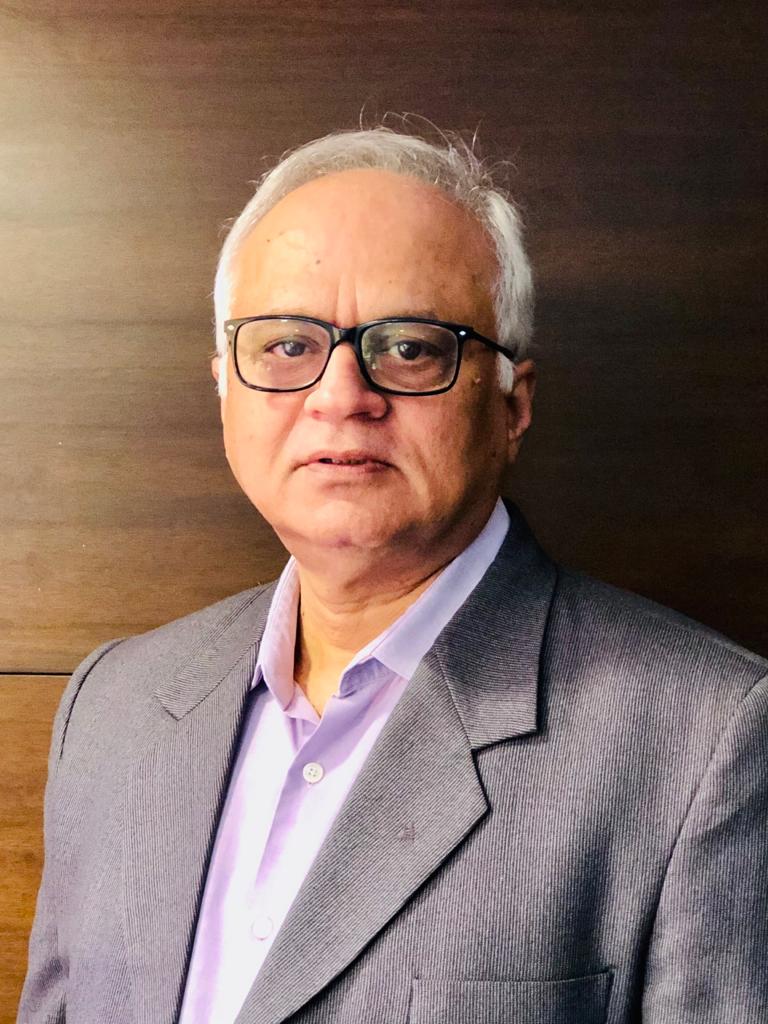
Kulbhushan Talwar
Cluster General Manager, Mosaic Hotels
We expect Finance Minister Nirmala Sitharaman to continue the ECPG scheme as the scheme has supported the hospitality sector in a great way to emerge as a strong player in the international market, by procuring high quality tools and apparatus as per global standards. We believe that the continuation of the EPCG scheme will equip the hospitality sector to remain competitive in a global market going forward and help the sector to grow and perform as per its real potential especially after COVID.
Also there is a long pending recommendation from the industry to get infrastructure status and we expect FM to come forward in this direction to further boost the sector. Another expectation is to bring the hospitality under a flat rate of GST to attract both domestic and international travelers across the hotels.
Prabin C.B,
Director of Revenue Management, Novotel Hyderabad Airport,
“The hospitality sector witnessed a massive run-up post pandemic, especially after the COVID wave 3. The momentum built on travel is ongoing and is expected to be driven throughout 2023. The year 2019 was considered as one of the glorious years for the hospitality industry after a decade, however in 2022 most hotels had generated more revenue than 2019.
Domestic travel, especially the leisure and social segments, rallied very strongly in 2022. Corporate and Mice which revived drastically starting Q3 2022, did not peak or reach its full potential. Also, international travel is expected to revive completely in the year 2023, hence budgets this year has been considered with an average of 25% to 30% growth based on 2022.
While the whisper of recession is ongoing in the global market, India being one of the fastest growing economies with primarily a domestic driven demand, with consumption and investments contributing to 70% of the economic activity, the anticipated growth rate would clearly seem to be achievable. The start of the year has been absolutely promising to support the growth that was anticipated for the year, the rate increase has been very evident and certainly shall contribute to the predictions.”


Projjwal Ghosh
Director of Sales and Marketing, Crowne Plaza Chennai Adyar Park
Our budget is carefully crafted to ensure that we are able to provide our guests with the highest level of service while also remaining financially viable. When it comes to expenditure, our primary focus is on ensuring that our guests have a comfortable and enjoyable stay. A significant portion of our budget is allocated toward maintaining and upgrading our guest rooms and public areas. This includes regular maintenance and repairs, as well as the purchase of new furniture and fixtures.
Another important area of expenditure for us is staffing. We have a dedicated team of professionals who work tirelessly to ensure that our guests have the best possible experience. We invest in training and development programs for our staff to ensure that they are equipped with the skills and knowledge needed to provide excellent service.
Marketing and advertising are also key areas of expenditure for our hotel. We invest in a variety of marketing channels to promote our hotel and attract new guests. These include online advertising, social media marketing, and traditional print and television advertising. We also participate in trade shows and travel fairs to showcase our hotel and gain exposure among travel agents and potential guests.
Food and beverage is an area of expenditure for our hotel as we place heavy emphasis on the research of culinary trends and introducing exciting new menus after careful development. We have a team of highly skilled chefs and kitchen staff who work to create delicious and healthy meals for our guests. We source high-quality ingredients and use traditional cooking methods to create authentic Indian dishes. We also invest in food festivals and other culinary events to showcase our hotel’s culinary expertise and attract more diners. Most of our budget is covered by our revenue which we are always trying to grow by introducing new concepts such as “Events On Wheels” which is our catering service to outside venues, hosting a traditional Ellai Sappadu at Banquets, and going out of our way to connect wedding vendors with our patrons by hosting a “Let’s Talk Wedding” event solely for the purpose of collaboration and for people to experience the different wedding venues we have.
 English
English French
French German
German Italian
Italian




